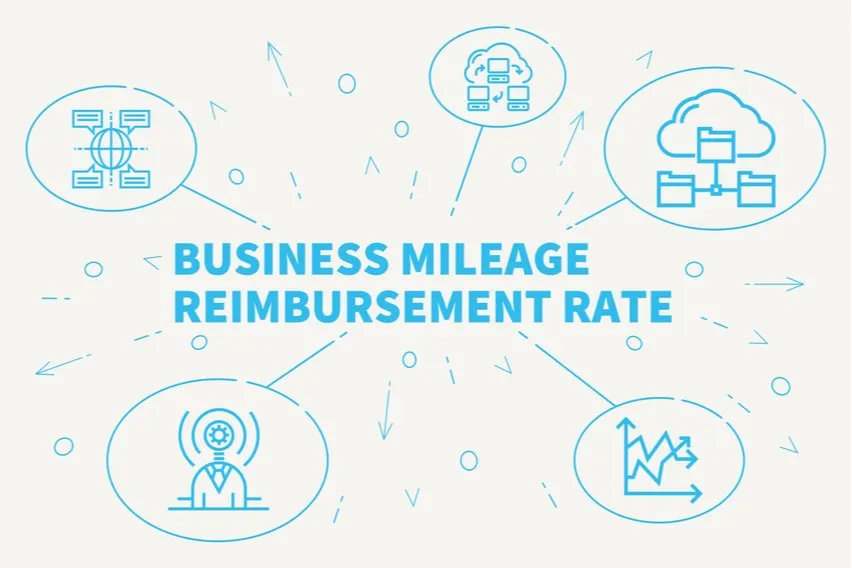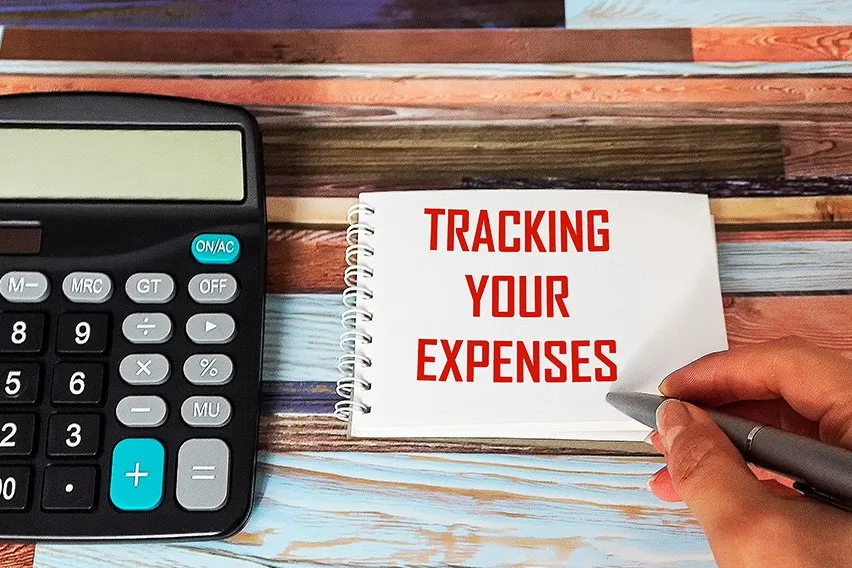How to Calculate Mileage Reimbursement for Taxes

One of the biggest expenses small business owners forget to claim for taxes is mileage. Reclaim your travel expenses with this simple method.
Mileage reimbursement often gets lost in the fray. As freelancers and solopreneurs, we can be diligent about our working hours. Maybe we even calculate timesheets. But mileage? I don’t know about you but it has always seemed a little complicated to get started.
How is tax-deductible mileage even calculated?
I’m going to break it all down today.
Here’s What We’ll Cover:
How to Calculate Mileage Deductions?
What Qualifies as a Tax-Deductible Business Trip?
Tracking Your Mileage
Before we begin calculating your tax write-off for your mileage, we first need to know how much you’re driving. Of course, the only real way of doing this is to keep track over the year of the mileage accrued during your business activities.
You can use an excel sheet and calculate it all manually – yawn. Or you can use our online mileage tracking tool to automate the process.
Mileage tracking apps are great for taking the confusion out of tracking your driver’s expenses.
By efficiently tracking your business mileage, you can optimize your mileage tax deduction and save on taxes.

For tax purposes, the IRS asks you to track:
- your total mileage for the year – business and personal
- the mileage for each business trip taken with your car
- the time, place and purpose of the trip. You don’t need an exact time. The date and location is enough
Keeping track of weekly logs is the most efficient way to do this.
How to Calculate Mileage Deductions?
The two mileage rates for tax deductions
There are two different mileage rates you can use to calculate your tax deductions:
Standard mileage rate: The IRS sets a standard mileage rate in January of every year. For 2021, the rate is $0.56 per mile of business driving.
This method is less time-consuming than the expense method. However, you can’t get tax deductions on your car expenses. The standard rate is supposed to cover that.
Actual expense mileage rate: This is the more complex one to navigate – particularly without mileage tracking software. The idea is that you claim deductions on all of your expenses to do with running your car. This includes gas, tolls, insurance, repairs etc.
Which Mileage Rate Do You Use to Calculate Deductions?
Great question! Not everyone qualifies for the standard IRS mileage rate. To qualify:
- You can’t claim depreciation deductions on the car except on a straight-line basis
- You have to use the standard rate for the first year of your business activities. In later years, you can mix it up a little and swap between the two methods. If you are leasing your car, you have to use the standard mileage rate for the entire length of your lease.
- You can’t claim special depreciation allowance
- You can’t have five cars or more in operation for your business at the same time.
Calculating Your Business Mileage for Taxes
The simple calculation is to divide your total number of miles by your business miles to get your business usage.
Let’s do an example:
Say you drove 500 miles in total in 2020. That is for personal and professional purposes.
In those 500 miles, you did 5 business trips that totaled 100 miles.
To calculate your business share, you would divide 100 by 500.
100/500 = 0.20
Your business mileage use was 20%.
Now to calculate the mileage deduction. Simply multiply the business miles by the mileage rate.
100 * 0.56 = $56 tax deduction in 2021

What Qualifies as a Tax-Deductible Business Trip?
If you go to the grocery store to buy a cake for your assistant’s birthday, is that technically a business expense? Kind of.
Business transportation would be:
- Traveling to work between two different places e.g from your office to a client’s home
- Going on customer visits and client meetings away from the office
- Running business errands. This could be a trip to buy office supplies. (The birthday cake is a grey area!)
You can’t claim deductions on:
- Your commute to work (sorry)
- A trip where your work equipment happens to be in the car but you are not actually traveling to work
- Driving a branded car. Just because your logo is on the car does not make every trip a business trip
Key Takeaways
If you do it correctly, you can save on your taxes by tracking your mileage. It sounds complicated but it can be totally simplified with a reliable mileage tracker.
Using an automated tool like ours helps you stay on top of your mileage expenses for customer invoices and tax deductions!
Find more useful tools and resources on the FreshBooks hub.
RELATED ARTICLES

 What Is Company Car Allowance & How Does It Work
What Is Company Car Allowance & How Does It Work How to Calculate Gas Mileage in the Right Way
How to Calculate Gas Mileage in the Right Way IRS Mileage Rates: 2025 Guide for the Self-Employed
IRS Mileage Rates: 2025 Guide for the Self-Employed How Mileage Reimbursement Works: An Extensive Guide
How Mileage Reimbursement Works: An Extensive Guide Smart Ways to Track Expenses As a Freelancer
Smart Ways to Track Expenses As a Freelancer